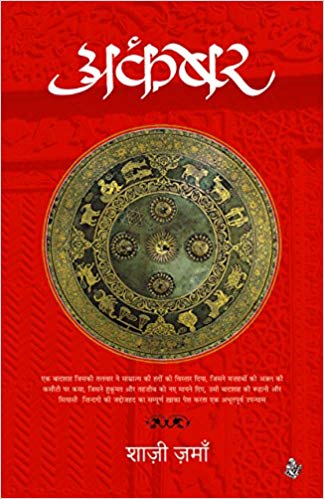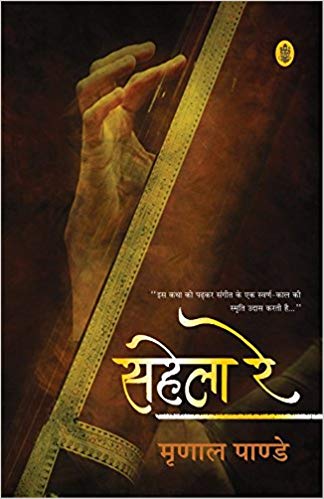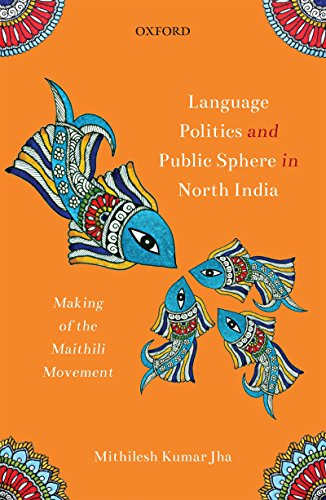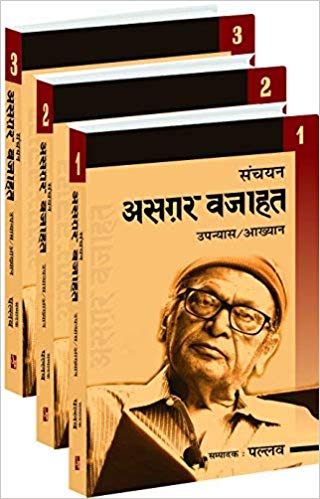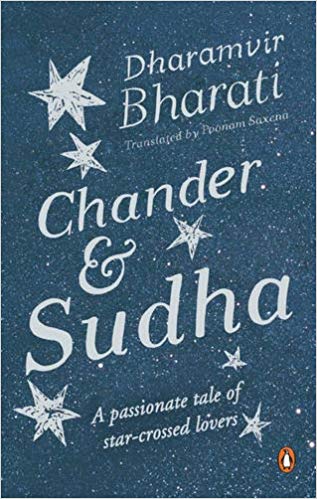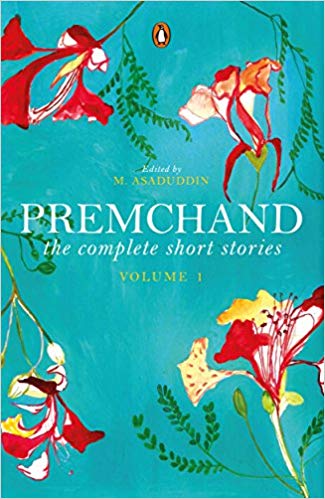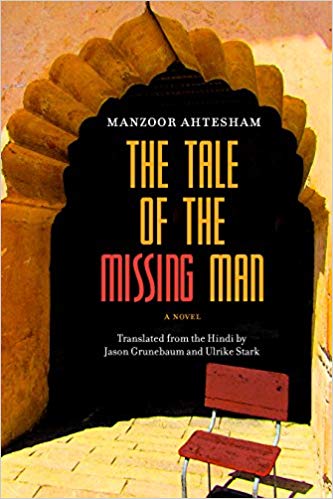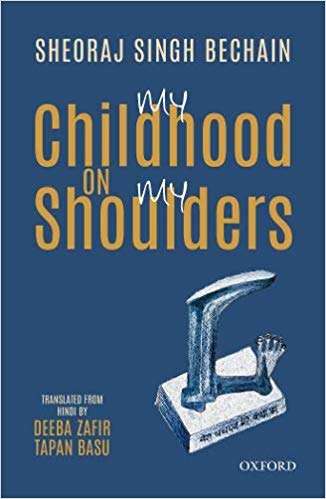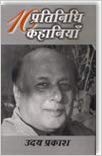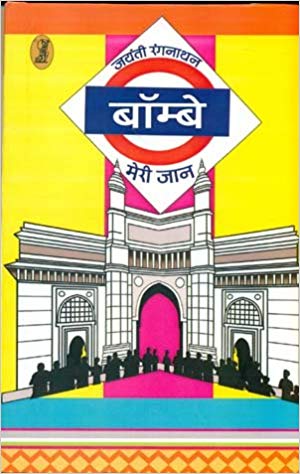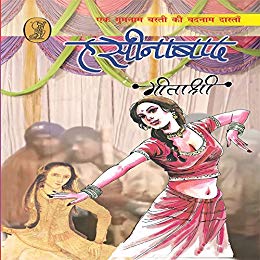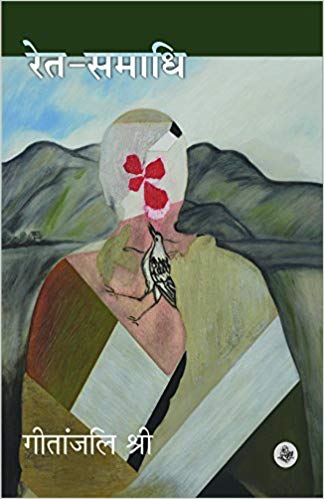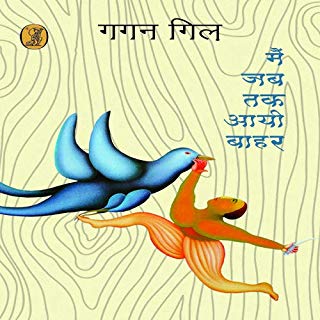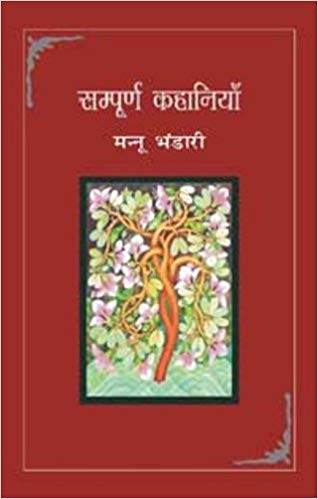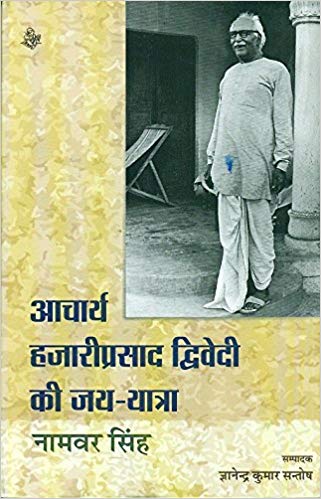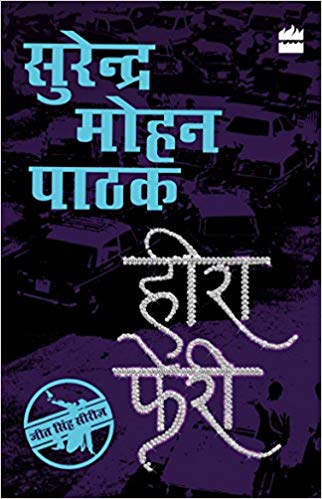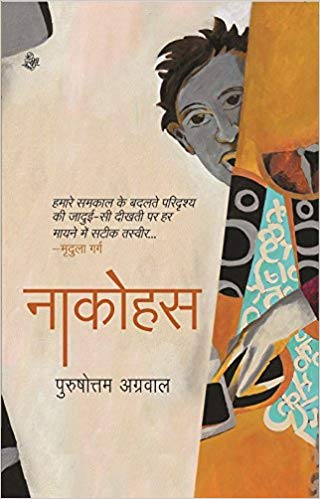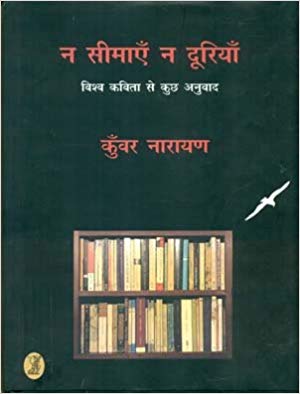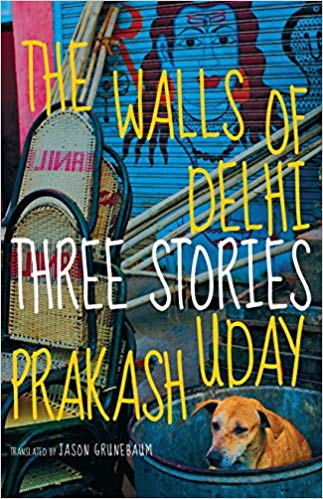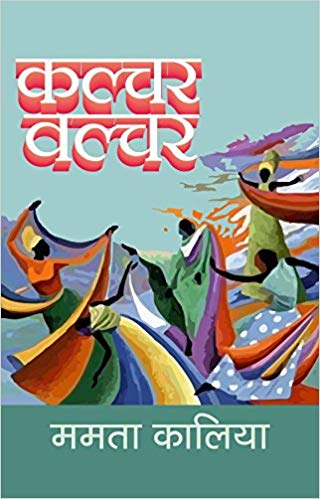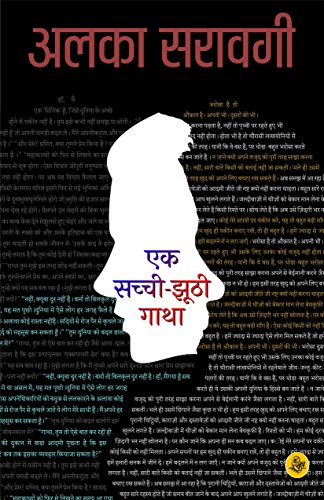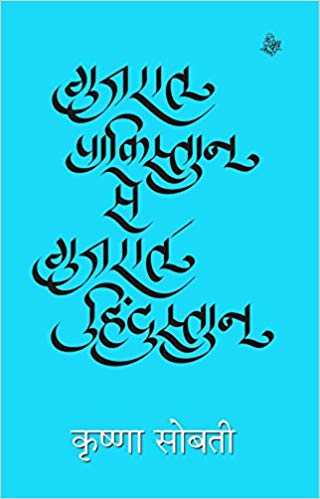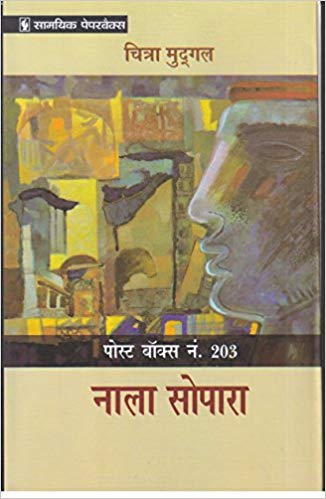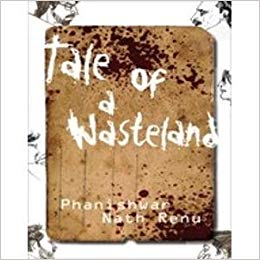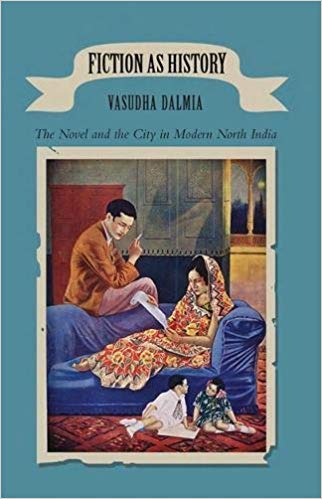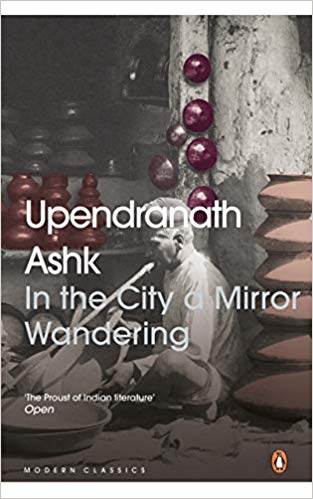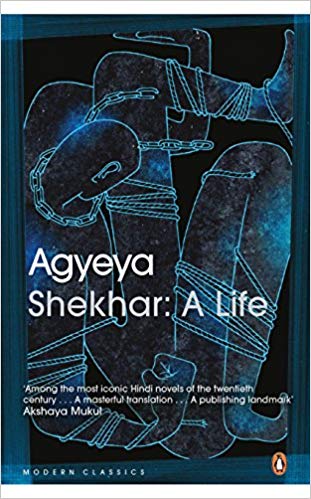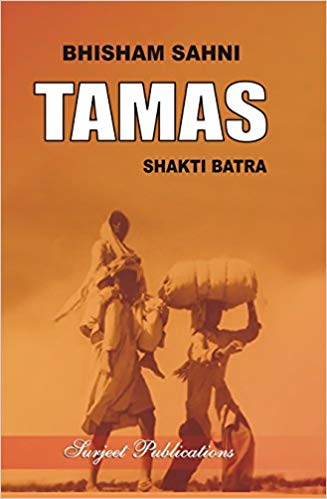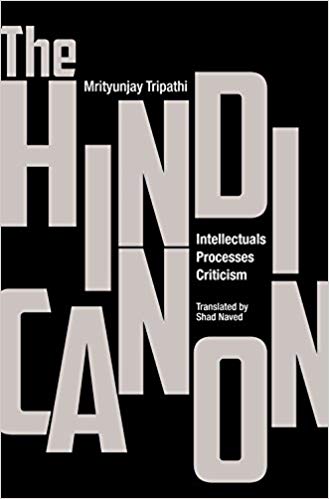Archives
May 2019 . VOLUME 43, NUMBER 52016
The book under review here is not just one of the many narratives available on the life of Mughal Emperor Akbar. Instead Shazi Zaman’s Akbar deftly treads on the line that demarcates historical facts and fiction. It is difficult to categorize the novel as a work of Historical Fiction, because the narrative encapsulates a vivid account of the reign of Akbar by careful amalgamation of historical facts with fanciful legends (also recorded in history).
2017
There is a relentless quest to retrieve and recreate the past by dwelling on authentic tales from history and society. The recovery of lost tradition and the emphasis on a need for female tradition in literature has been widely acknowledged. Sahela Re by Mrinal Pande is a novel that traces the tradition of women’s voices in classical Indian music.
The rich literary and historical trajectory of Maithili language and its recognition as a distinct identity, both linguistic and cultural-political have been well documented and examined in Mithilesh Kumar Jha’s Language Politics and Public Sphere in North India: Making of the Maithili Movement. It is a sophisticated and well-argued work cutting across the disciplinary boundaries of History, Sociology, Political Science, Cultural Studies and Linguistics.
Contraries lead to progression, so goes the old Blakean adage. Alongside the growth of science, technology and phenomenal strides made over centuries in intellectual thought process, revolutions, political coups, military wars and communal strife have played their part in reorienting notions of ‘progress’ and ‘welfare’. In a similar vein, dissent and questioning have long occupied a rightful place in any civil society, albeit in varying degrees and effect.
An indefatigable experimenter with genre and form, Udayan Vajpeyi has written poetry (Kuchh Vakya, Paagal Ganitagya ki Kavitayen), short stories (collected in Sudeshna, Door Desh ki Gandh, Saatvan Button), essays and travelogues (Charkhe par Badhat, Janagarh Kalam, Patjhar ke Paon ki Mehandi), scripts (for Kumar Shahane’s films), and adaptations (of Uttararamacharitam and Abhijnanashakuntalam).
The great modernist writer Dharamvir Bharati has enjoyed much critical acclaim in translation and/or adaptation into several languages including English. Outside the Hindi world, he is celebrated most notably for stage and film adaptations of his verse play Andha Yug and the novel Suraj ka Satvan Ghoda. Most general Hindi readers also know and love him as the editor of Dharmyug, one of the bestselling middlebrow magazines in Hindi.
It is a stupendous achievement by any yardstick, putting together the English translation of 299 to be exact of Premchand’s short stories in a collection spread over four volumes. If we add to this the work of excavation in two important Indian languages—Urdu and Hindi—for Premchand’s published and unpublished stories, and then translate into English after judicious comparison, it adds a significant research dimension to this work of translation and editing.
The Tale of the Missing Man, the newly published translation of Manzoor Ahtesham’s Dastan e lapata is strikingly prescient. Originally published in Hindi in 1995, Ulrike Stark and Jason Grunebaum’s translation brings Ahtesham’s masterpiece to an English reading audience at a time when the relations between the Indian state and Muslims are once again at the heart of the political debate.
Sheoraj Singh ‘Bechain’, currently Professor in the Department of Hindi, University of Delhi, was born in a family of Chamars in Nadrauli, in the Badaun district of Uttar Pradesh. He cleared his matriculation in 1978 at the age of 18, with extraordinary resilience, courage and determination, surmounting a heart-breaking period of social isolation, family alienation, extreme physical hardship, hunger and poverty.
Satire can often be a genre which is largely misunderstood, misconstrued, or seen as some literary formulation on the fringes. In English Literary Studies as well as in university curricula in the country, it is not often that satire finds a place of pride or that it could be seen as a mainstream literary genre. However, there have been satirists throughout history.
2018
It is not easy to feel a city, to be able to understand its ethos and pulse, without being a part of it. Every city has its own flavour and specific feel to it, which goes beyond food, heritage and culture. The best way to know a city is to live there for a considerable period of time, but again, to be able to talk about the essence of a city is no easy task. And, one way could be through writing about it from the eyes of its inhabitants, seeing the city through their eyes, especially if the city is Bombay, the ‘city of dreams’.
2017
Novel Hasinabad covers a long socio-political span from the 1960s to the first decade of the new millennium—a journey from ‘Hasinabad’ to ‘Hussainabad’. While the writer has a firm grip on the representation of Hasinabad, a colony of concubines set up by the zamindars of Bihar, she loses that hold when the place gets transformed to Hussainabad, under pressure of democracy finally making inroads into the interiors.
2018
As a fellow writer, the fifth novel of Geetanjali Shree leaves you wonderstruck with its sweeping imagination and the sheer power of language, unprecedented and uninhibited. She is known for her experiments with content and form, but this novel keeps you in its grip with the storyline as well, which had not really been her forte earlier.
Main Jab Tak Aai Bahar is Gagan Gill’s fifth collection of poems. She established her poetic self with the publication of her first collection itself, Ek Din Lautegi Ladki (The Girl will Return One Day) published in 1983. It was unusual to publish an entire collection of poems around the theme of a girl’s journey. Gagan Gill has never claimed to be a feminist poet, but in the center of her poetic self, the journey of this female self is recognized as epistemologically valid.
2017
What happens when words begin to constitute worlds that are far more desirable than the ones that we find ourselves in everyday? When the overwhelming presence of social media and digital platforms virtually threatens to create an alternative reality that seems both promising as well as indisputable? These are some of the most pressing issues of post-millennial India…
2016
Radhakrishna Prakashan has brought out the second edition (the first edition was published in 2009) of Mannu Bhandari’s Sampurna Upanyas. As the title suggests, the book comprises Bhandari’s limited but highly significant oeuvre of novel writing—Ek Inch Muskan (1963), an experimental novel, written in collaboration with the famous writer and her husband Rajendra Yadav, Apka Bunty (1971), Mahabhoj (1979), and Swami (1982).
This edited book is a collection of sixteen essays and speeches of Namvar Singh on his guru, the scholar and writer, Hazariprasad Dwivedi. It also contains a small separate section of references on Dwivedi that are scattered in Namvar Singh’s other writings and interviews. The book begins with the assertion that it embodies the joint wisdom of this pair of writer-critic-scholars in which each illuminates the writing of the other.
2017
When ‘Hindi Crime King’ Surendra Mohan Pathak took the dais at the third annual Noir Literature Festival at the Oxford Book Store in Delhi’s Connaught Place in January 2017, he faced a rapt audience of fans tightly packed into and spilling out beyond the rows of folding chairs set up at the back of the store. Pathak grinned alongside festival organizer Namita Gokhale as the two unwrapped and posed with the hot-off-the presses release from HarperCollins India…
2016
Dreams and reality merge in this 2016 dystopian novel by the well-known Hindi satirist and writer Purushottam Agrawal. The novel begins when a crocodile leisurely walks down a small street and begins to chew on the leg of an elephant who happens to be lying there. No one seems to notice. Then Suket, our protagonist, wakes from this disturbing dream, reaching for a glass of water. It is 3 a.m. In the next scene, over two hundred students are protesting Professor Suket for being ‘anti-national’.
Kunwar Narain was one of the few Hindi poets who believed in the universality of all indegenous poetic experiences and thought of himself as an integral part of the great brotherhood of world poets. His poetry stands as a testimony to this. Apart from poetry and literature, his concerns ranged from world cinema, music, theatre to various branches of knowledge.
The late Manohar Shyam Joshi (1933-2006) was an extremely talented writer who tried his journalistic hand in various directions—politics, sports, culture and films. He edited a leading Hindi weekly—Saptahik Hindustan for many years and also an English publication. At the same time, the DD serial ‘Hum Log’ penned by him was the first soap opera on Indian TV followed by ‘Buniyad’ and ‘Kakka ji Kahin’. He wrote many popular film scripts as well.
Four years ago Harsh Mander wrote a book called Looking Away. At the very beginning he quoted Martin Luther King. It’s a quotation worth remembering. King said, ‘Never, never be afraid to do what is right. Society’s punishments are small compared to the wounds we inflict on our souls when we look away.’
2017
Sushma Agrawal is beautiful, charming and rich. She dresses in subtly-hued saris of unique artisanal design and is the Minister of the Sahitya Sanskriti Bhavan (The Centre for Literature and Culture) in Kolkata. She is also the villain of Mamta Kaliya’s caustic 2018 Hindi novel Culture Vulture. It was originally released serially for the Hindi journal Hans, and its wandering, episodic construction reflects those origins.
Alka Saraogi’s latest novel is a poignant, layered and textured twenty-first century love story which examines the nature of illusion and reality—especially in the virtual world—appearances, violence, vulnerability and torment. It is the record of an interaction between a man and a woman who meet in cyberspace and the unexpected journey of discovery that Gatha, the female protagonist embarks upon.
Every once in a while, a great writer provides a glimpse into her life, and what that reveals may not be profound but its banality may have new lessons for us. As I read this book not only for the purposes of the review but also to understand what else Partition literature could possibly tell us, I have come away with a single word that will stay with me beyond the life of the book.
In Nala Sopara: Post Box No. 203, a trailblazing Hindi epistolary novel about the insensitivity of the society towards hijras (transgender), the Sahitya Akademi Award-winning writer, Chitra Mudgal, takes us into the life of a young transgender, Vinod, who challenges the notions of the homophobic society at great personal cost. An immaculate storyteller, Mudgal highlights not only the silences around the complexities of gender and sexuality by mapping out the constraints…
Phanishwar Nath Renu (1921-1977) is among the most loved authors of contemporary Hindi literature, particularly for his brilliant first novel Maila Anchal (1954) and celebrated short stories like Tisri Kasam (The Third Vow), Raspiriya and Panchlight. Some of the short stories and Maila Anchal have been translated into English, together with Renu’s short novel Kalankmukta. His second novel Parti Parikatha has long remained in Maila Anchal’s shadow.
Focusing on eight Hindi novels, Vasudha Dalmia’s new work traces the emergence of a modern urban culture in North India and the changing shapes of its political, aesthetic, and moral concerns. Beginning with Pariksha Guru by Lala Shrinivasdas (1882), the book engages, successively, Premchand’s Sevasadan (1918) and Karmabhumi (1932), Yashpal’s Jhuta Sach (1958, 1960), Agyeya’s Nadi ke Dweep (1948), Dharamvir Bharati’s Gunahom Ka Devata (1949)…
Perhaps it is inevitable that every generation claims newness. It is really the task of scholarship to give validation and depth to such claims in literary grouping such as the Nayi Kahani (the new story) of the nineteen fifties and sixties. The analysis would move from simple claims to a larger exploration of what the distinctive voice or quality of the work is; it would be less interested in newness (is anything ever meaningfully new or old?
2018
The publication of Shekhar: A Life marks a major event in the growing body of Hindi literature available in translation in English. Not only should this be considered an important work from two of the most prominent translators of Hindi and Urdu working in English today, but it also fills a crucial gap in our understanding of Hindi modernism. Originally published in Hindi as Shekhar: Ek Jivani, the book, along with very different works such as Premchand’s Godan…
2018
There are at least two (likely more) common criticisms that are made of translations. The first and perennial one is that translation necessarily betrays the original, that it fails in a fated, deep way to honour the unique problem that meanings created in one language cannot cross the Lakshman Rekha into the alien and threatening universe of another. The second and perhaps equally vexing one is that when dealing with non-European languages, where more than one translation of a text is highly unlikely, a translation that makes a mistake is unforgiveable.
All living literary traditions have not only a present and a future which are yet fully to unfold but equally so a past. A literature which does not continually interrogate, revise and reinscribe its past palimpsestically may not have much of a future to look forward to, for in literature the past never really passes away.


